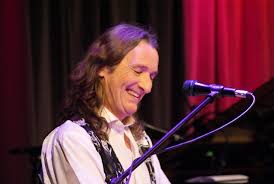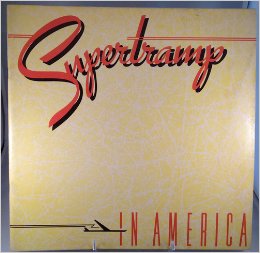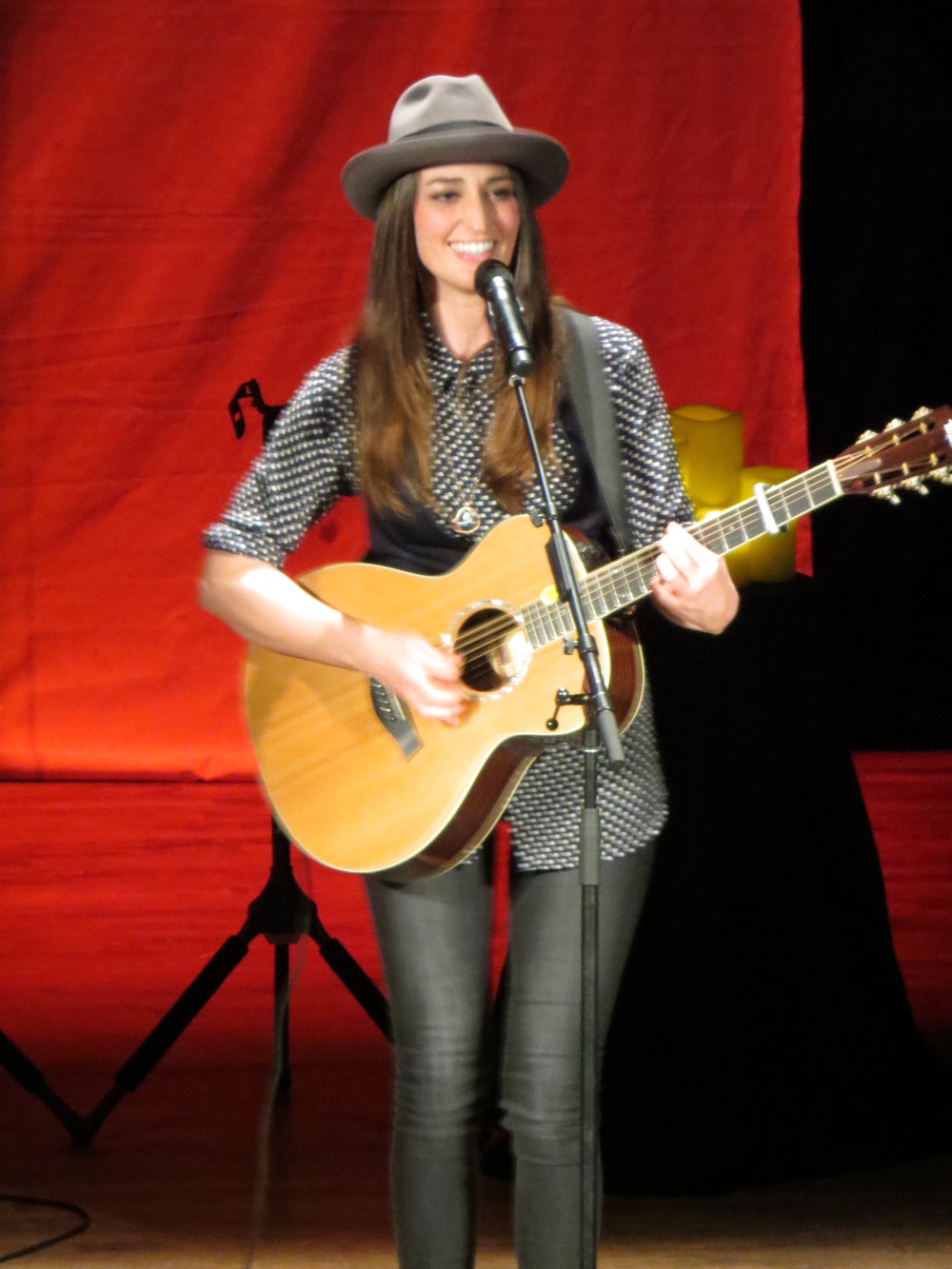Review: Jackson Browne in Chicago
At sixty-six, Jackson Browne could easily phone it in and play concert after concert of the certified hits that came with regularity during the first decade and a half of his 40-plus year career, but on Tuesday night at the Chicago Theater he went a different route, playing deep cuts and new material along with a few crowd-pleasers for a balanced and effective show.
Beginning with 1996’s “Barricades of Heaven,” 1972’s “Looking into You,” and two songs from his new album Standing in the Breach, it was apparent that this wasn’t going to be a greatest hits show, and the evening was all the more rewarding because of it. Browne stitched his new material seamlessly with his older tunes, which you could take one of two ways I suppose: 1) his new material is as strong as his old material; or 2) his new material explores the same territory he’s been exploring for decades. It’s probably a little of both, but when you have an absolutely stellar band with equally stellar sound backing you up, and you’re reciting lyrics like: The seeds of tragedy are there/In what we feel we have the right to bear… well, I’ll take a little familiarity with my new Jackson Browne. All told, he performed seven songs from his new album. If you had asked me beforehand if that was a recipe for a successful evening, I would have demurred, but to my ears many of the new tunes were as strong as the old ones.
After being assaulted at several arena shows lately, I was thrilled to be able to hear every instrument on stage without reaching for the earplugs, and I spent much of the evening admiring the guitar work of Val McCallum and Greg Leisz (who played dobro, guitar and lap steel), both absolute monsters at their instruments, and one got the feeling that Jackson Browne had as much fun watching these guys display their craft as he did singing his compositions.
Alternating between guitar and piano throughout the evening, Browne sported an all-black outfit (as did the rest of the band), and the stage lighting bathed the musicians in shades of violet, with occasional splashes of color to enhance various songs, most notably the desert shades of “Leaving Winslow,” a song Browne introduced with a childhood memory of playing on a trestle bridge with his buddies and flattening pennies on the railway.
Early in the second set, Browne asked, “What would you like to hear?” and after a deluge of requests, he answered, “Yeah, I thought so. But after that what do you want to hear?” But as far as I could see, the request resulted in only one audible, the 1980’s hit “In the Shape of a Heart,” and the rest of the evening proceeded much as his previous concerts in Philadelphia and New York.
I knew I could leave a happy man after Browne performed 1993’s “I’m Alive,” albeit a whole tone lower than his studio recording. It became apparent during the show that keys had been adjusted to accommodate Brown’s aging voice, but that said, his signature mellow tone still sounded excellent, and I got the feeling that he could have hit the high notes consistently had he been forced to. If there was one complaint about the evening, it’s that the band played on a similar energy level throughout with little in the way of dynamics; even some of the rockers came off sounding country. But this is a minor quibble, and for the last selections of the concert, Browne broke into crowd favorites and rocked a bit with “Doctor My Eyes,” “The Pretender,” “Running on Empty” and “Take it Easy.”
As I was buying junk food at Walgreens after the show, a woman behind me said to her boyfriend, “I was hoping for ‘Late for the Sky.’” I was too, but I give Browne a lot of credit for playing so much new music that was actually worth playing and worth hearing. He continues to sing about the stuff that matters, from the Haiti earthquake, to politics, to the Gulf oil spill. We need guys like Browne to continue to fight the good fight and to be willing to put new music at the forefront. I'll take that over a greatest hits show any day.


